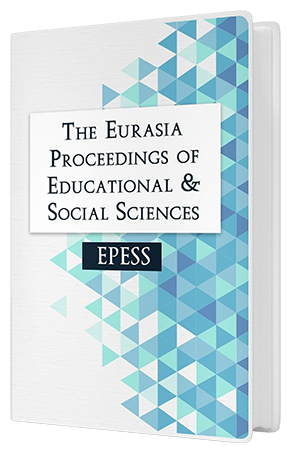Application of Six Sigma Methodology to Improve Customer Complaint Management
Keywords:
Six-sigma, customer complaints, customer satisfactionAbstract
In today’s competitive business environment, customer satisfaction is one of the most critical factors for sustaining a long-term success in an organization. Customers are mostly satisfied when the organizations meet all their needs and expectations. This means, organizations need to listen the voice of the customers and manage the customers’ complaints in an appropriate way. In this paper, a case study about customer complaint management was carried out in a company from the plastics industry by applying six-sigma project management methodology. The aim of this project was to overcome the increase in the customer complaints by analyzing their root causes with six-sigma project management tools. The DMAIC methodology was used during the project which has been completed in nine months. In the end, customer complaints decreased %20 and the results show that six-sigma is a successful and encouraging tool for the improvement of customer complaint management process of any organization.Downloads
Published
Issue
Section
License
Copyright (c) 2020 The Eurasia Proceedings of Educational and Social Sciences

This work is licensed under a Creative Commons Attribution-NonCommercial-ShareAlike 4.0 International License.
The articles may be used for research, teaching, and private study purposes. Any substantial or systematic reproduction, redistribution, reselling, loan, sub-licensing, systematic supply, or distribution in any form to anyone is expressly forbidden. Authors alone are responsible for the contents of their articles. The journal owns the copyright of the articles. The publisher shall not be liable for any loss, actions, claims, proceedings, demand, or costs or damages whatsoever or howsoever caused arising directly or indirectly in connection with or arising out of the use of the research material. All authors are requested to disclose any actual or potential conflict of interest including any financial, personal or other relationships with other people or organizations regarding the submitted work.




